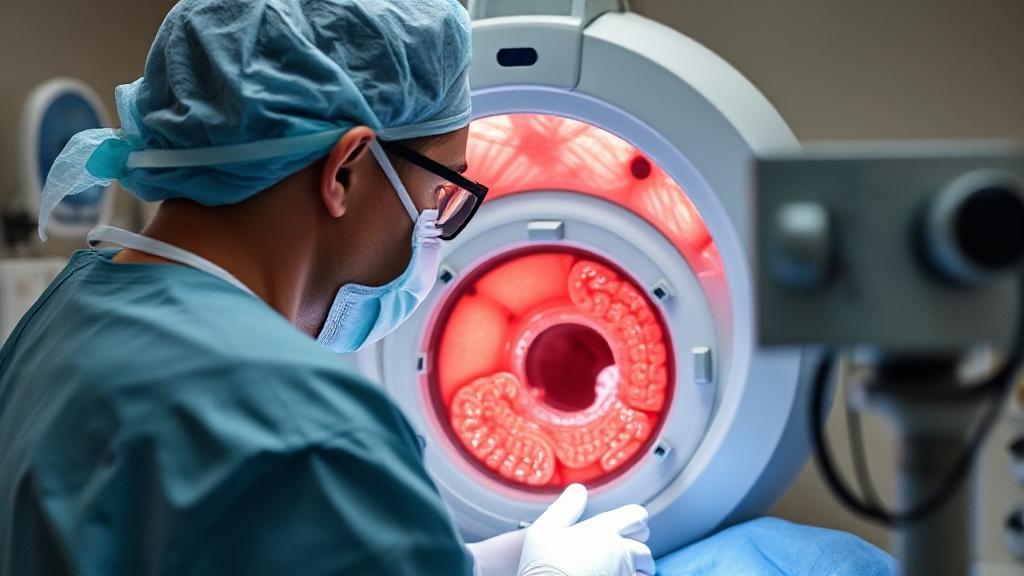Understanding Hemorrhoids and Colonoscopy
Hemorrhoids are swollen veins in the lower rectum or anus, similar to varicose veins. They can be internal (inside the anus) or external (under the skin around the anus) and often cause discomfort, itching, and bleeding. A colonoscopy is a medical procedure used to examine the interior of the colon and rectum, primarily for screening colorectal cancer, investigating gastrointestinal symptoms, or removing polyps.
Can Hemorrhoids Be Removed During a Colonoscopy?
The answer is both yes and no - it depends on several factors. While some hemorrhoid treatments can be performed during a colonoscopy, not all types can be addressed during the procedure.
What's Possible During Colonoscopy
- Rubber Band Ligation: The most common hemorrhoid treatment performed during colonoscopy
- Infrared Photocoagulation: Less frequently performed but possible
- Injection Sclerotherapy: Can be done in some cases
What's Not Possible
- External hemorrhoid removal
- Surgical hemorrhoidectomy
- Complex hemorrhoid procedures
Benefits of Combined Procedures
Treating hemorrhoids during colonoscopy offers several advantages:
- Single preparation and recovery period
- Cost-effectiveness
- One instance of sedation
- Convenience for the patient
Success Rates and Effectiveness
Research shows the following success rates for different treatment methods:
| Treatment Type | Success Rate | Recovery Time |
|---|---|---|
| Rubber Band Ligation | 80-90% | 1-2 weeks |
| Sclerotherapy | 70-80% | 1 week |
| Photocoagulation | 75-85% | 3-5 days |
Alternative Treatments for Hemorrhoids
If hemorrhoids cannot be treated during colonoscopy, several other options are available:
- Lifestyle Changes: Increasing fiber intake, staying hydrated, and exercising can help reduce symptoms
- Over-the-Counter Treatments: Creams, ointments, and suppositories can provide relief
- Minimally Invasive Procedures: These can be performed in a doctor's office
- Surgical Options: In severe cases, a hemorrhoidectomy or stapled hemorrhoidopexy may be necessary
Prevention Strategies
To prevent hemorrhoid recurrence:
- Maintain regular bowel movements
- Avoid straining
- Exercise regularly
- Follow a high-fiber diet
- Stay well-hydrated
When to Seek Medical Attention
Consider dedicated hemorrhoid treatment if you experience:
- Severe pain
- Heavy bleeding
- Large external hemorrhoids
- Chronic symptoms
"Not all hemorrhoids require immediate treatment, and not all types can be addressed during colonoscopy," according to the American Society of Colon and Rectal Surgeons.
For more information about hemorrhoid treatments, visit the Mayo Clinic's hemorrhoid guide or the American Society for Gastrointestinal Endoscopy (ASGE).
